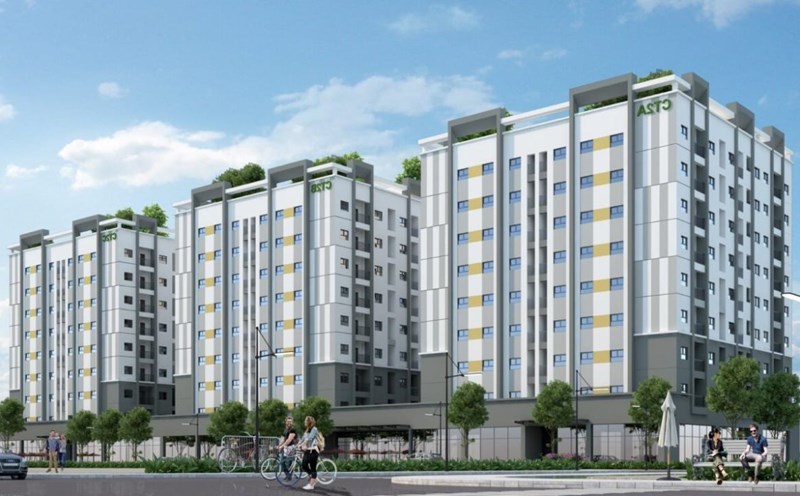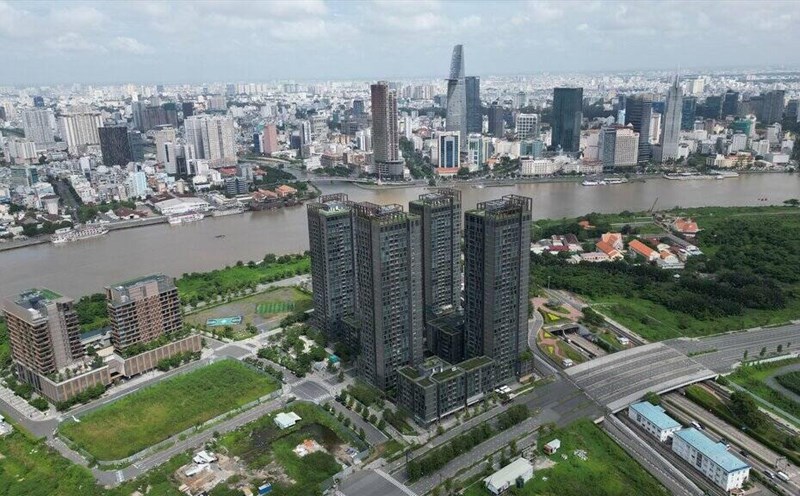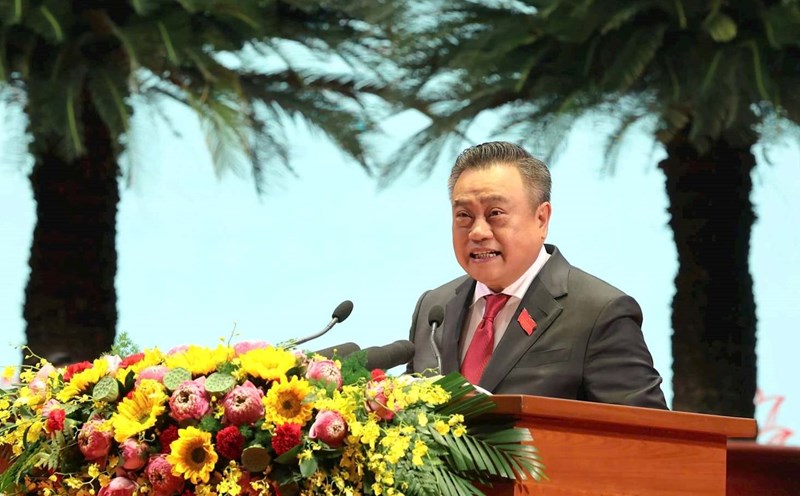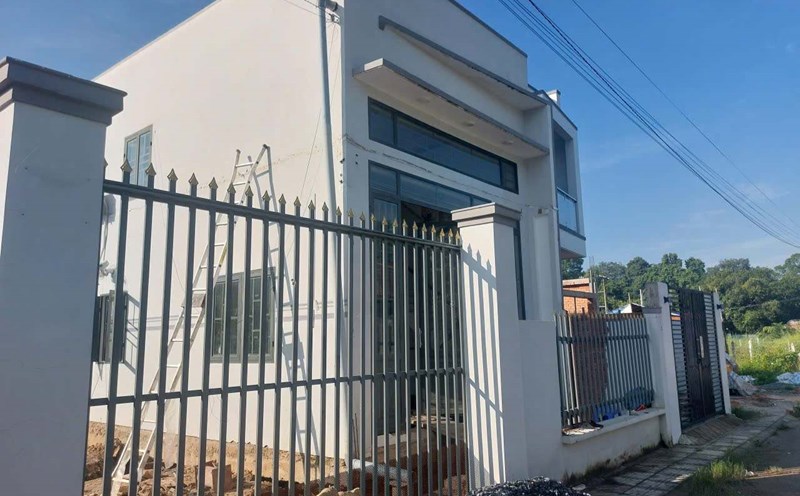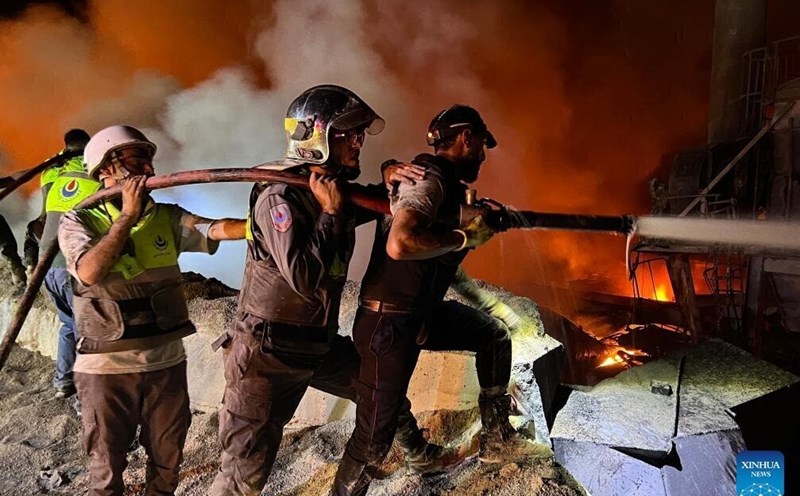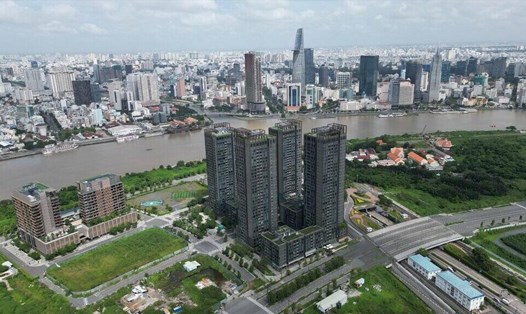The real estate market is in a period of strong price increases, especially in large cities such as Hanoi, Ho Chi Minh City, Da Nang or suburban provinces with high urbanization rates. The apartment segment, low-rise segment, land segment, ... all increased sharply in the context of limited new supply, mostly focusing on the mid-high-end segment, causing prices to increase.
According to information from the Vietnam Association of Realtors (VARS), in the third quarter of 2025, housing supply will increase sharply, transactions will improve significantly and selling prices will continue to peak...
Accordingly, compared to the first quarter of 2019, apartment prices in Hanoi increased by 96.2%, Da Nang increased by 72.6%, Ho Chi Minh City increased by 56.9%. The average price is currently 78.9 million VND/m2 in Hanoi and 81.6 million VND/m2 in Ho Chi Minh City.
However, behind the improvement are increasing warnings about the risk of supply-demand imbalance, house prices escalating far beyond real value and speculation still existing.
Mr. Vo Tri Thanh - Deputy Director of the Central Institute for Economic Management (CEM) said that from 1990 to present, real estate prices in Vietnam have increased by 400 times. He also pointed out the phenomenon of high inflation, supply-demand imbalances, and the development of financial and investment markets as the reasons for housing prices only increasing, not decreasing.
This unusual price increase not only reflects the laws of the economic sector but also carries many negative consequences.
Firstly, the high housing price has increased to more than 100 million VND/m2, making it difficult for low-income people to own a house in the city. Second, the large focus on real estate causes other industry groups to lose investment opportunities, directly affecting the State economy. Experts warn that if real estate prices increase beyond control, it will lead to an economic financial crisis and put the banking system at risk.
The sharp increase in real estate prices is a difficult problem, strongly affecting the Vietnamese economy. According to experts, finding solutions and limiting risks while allowing the market to develop is a big challenge.
Dr. Nguyen Van Dinh, Vice President of the Vietnam Real Estate Association, President of VARS, also said that current real estate prices are increasing rapidly, far exceeding real value. Most new projects in large urban areas are priced at over 100 million VND/m2, while the average income of people cannot keep up. The main reason is that supply has not been cleared after prolonged legal problems and input costs (land, materials, capital costs, etc.) have increased sharply.
Meanwhile, the market still saw a high speculative rate with the majority of transactions coming from secondary buyers, investors expected prices to increase more than real housing needs. "This overshadows the social function of real estate as a place to live, not just an investment asset," Mr. Dinh emphasized.
Ms. Pham Thi Mien - also said that lack of information transparency is one of the reasons for market instability.
The lack of transparency in the market not only creates a loophole for speculative groups, but also increases costs, risks for home buyers and reduces the efficiency of State management, Ms. Mien shared.

